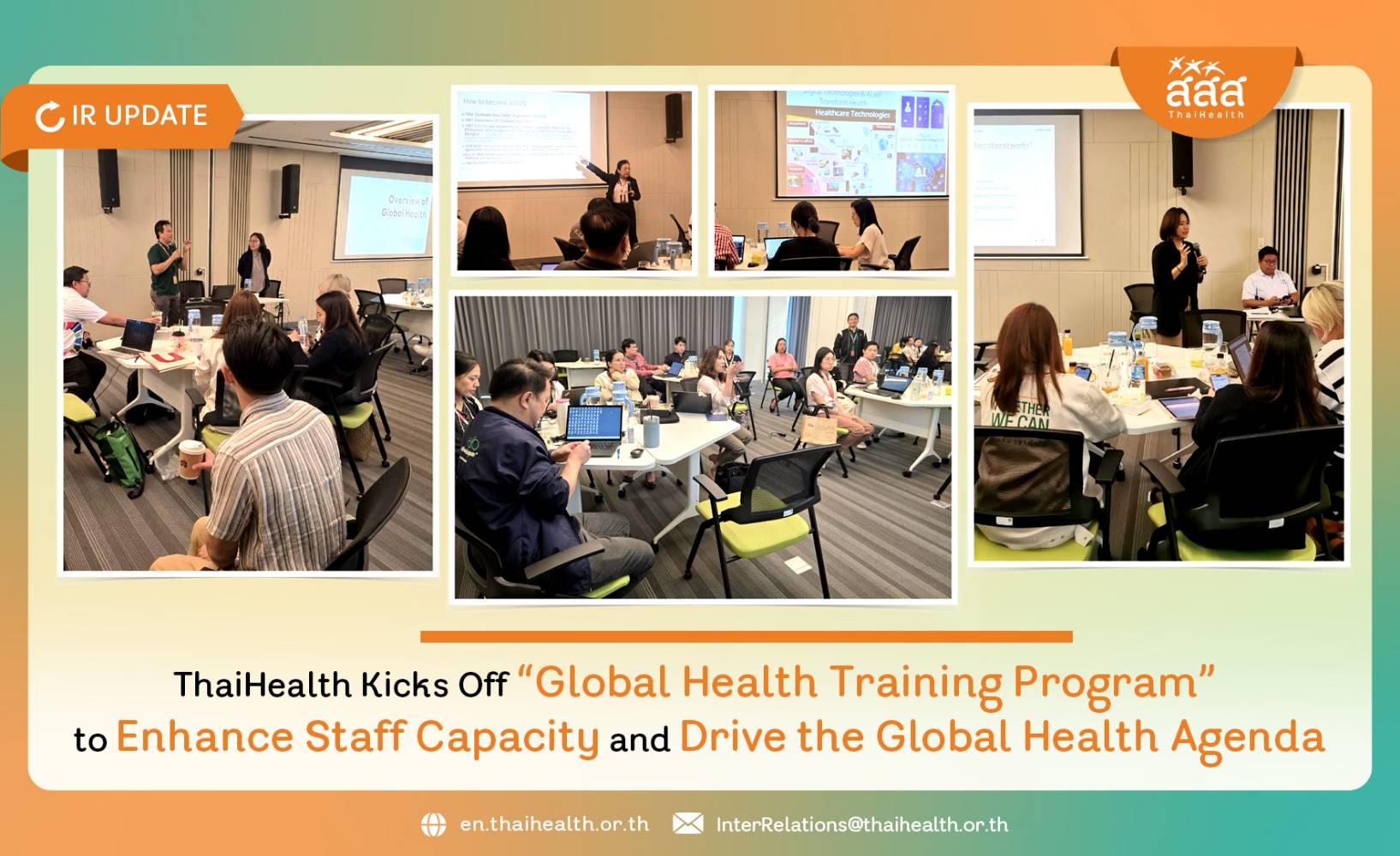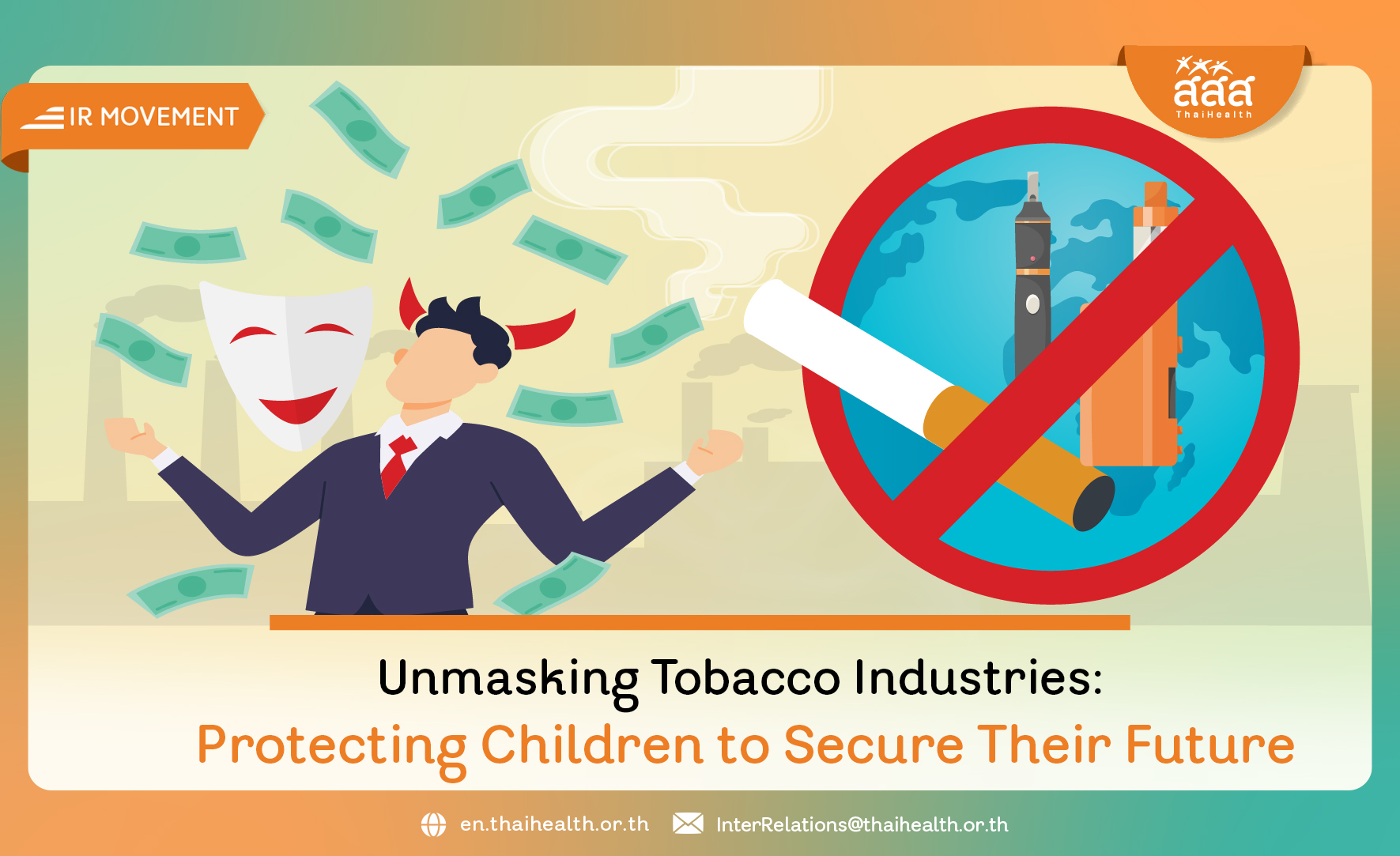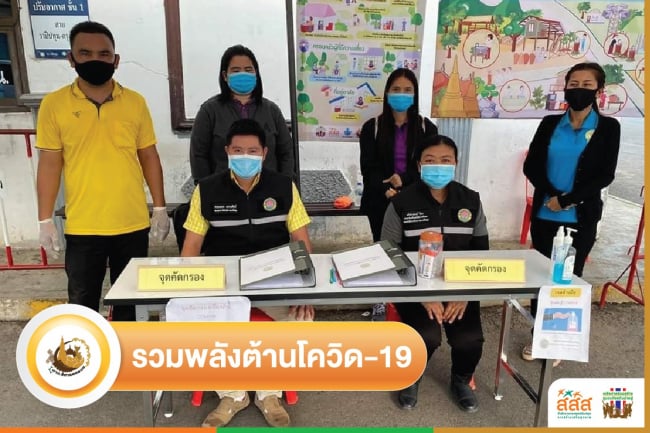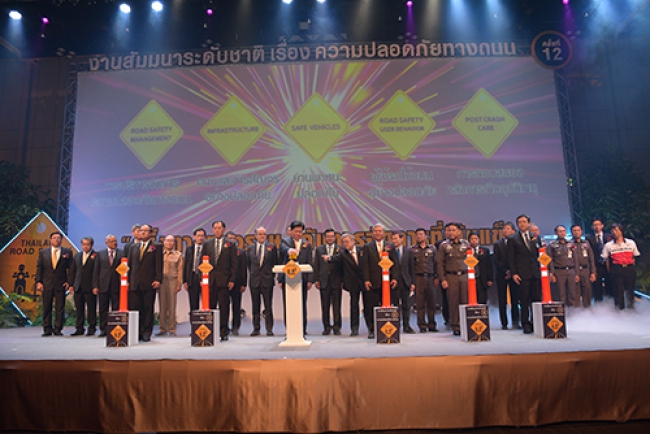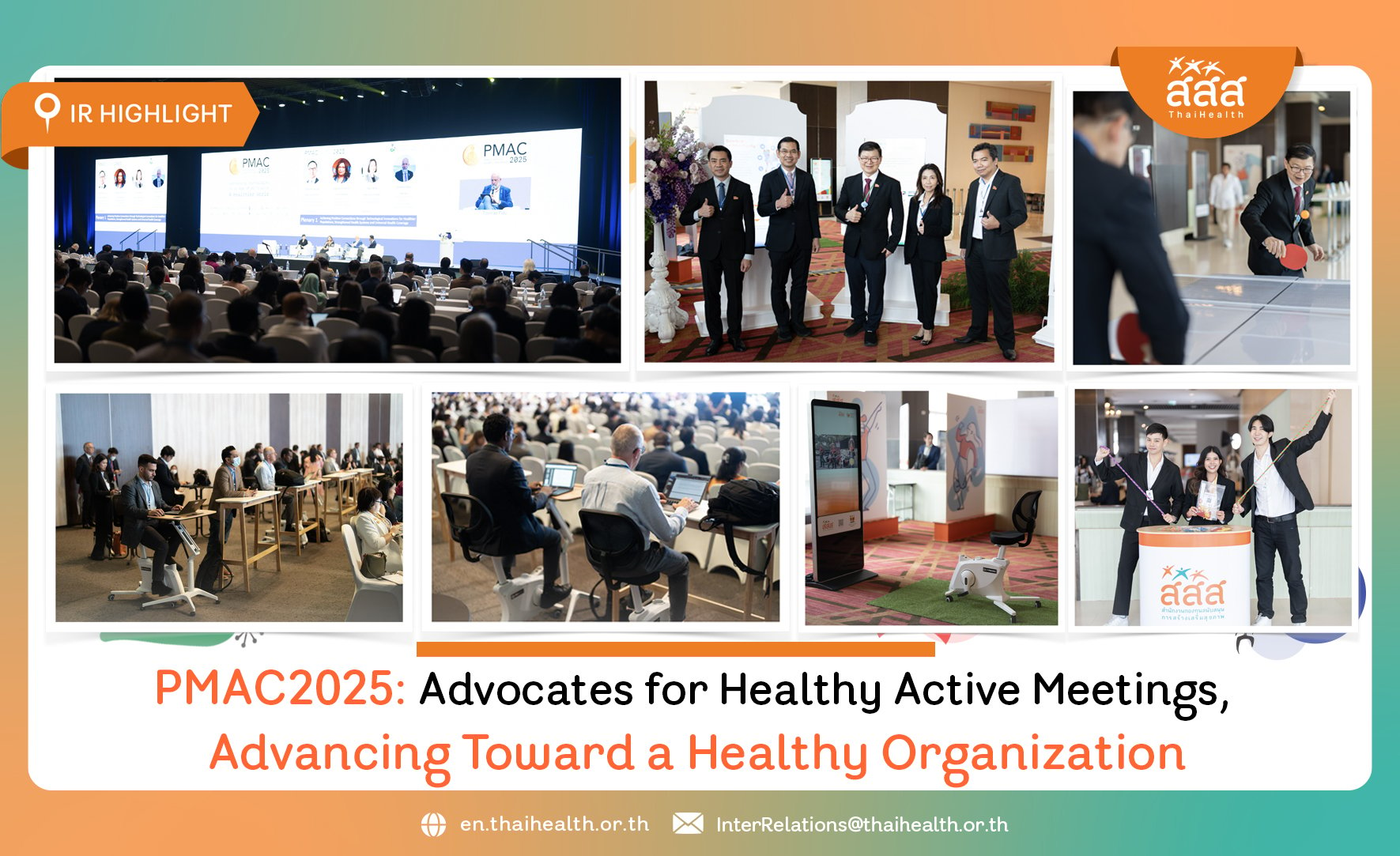
PMAC 2025 Advocates for Healthy Active Meetings, Advancing Toward a Healthy Organization
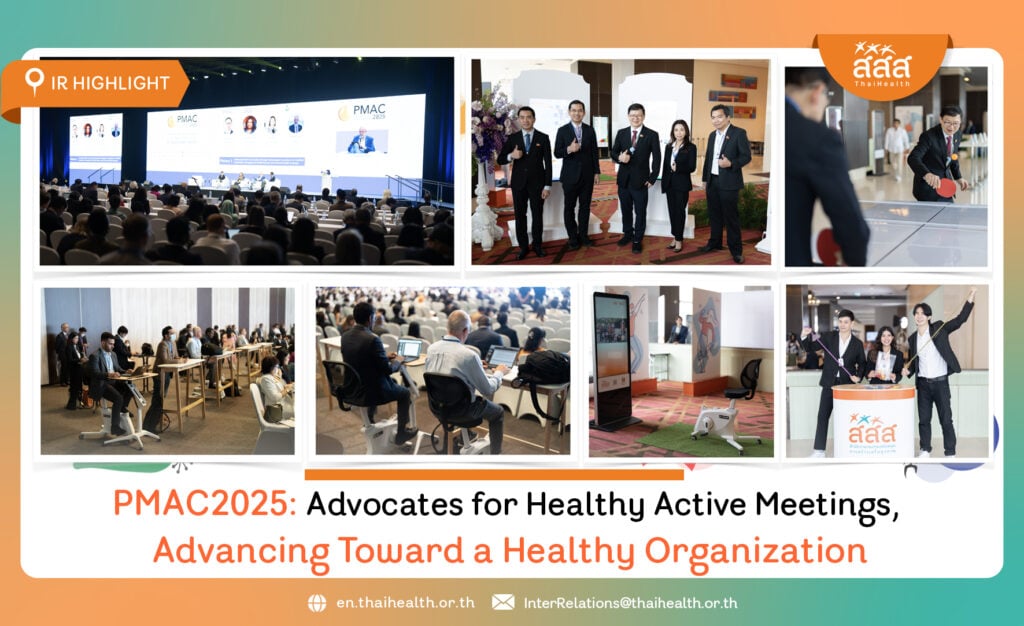
PMAC 2025 Advocates for Healthy Active Meetings, Advancing Toward a Healthy Organization
The Prince Mahidol Award Conference 2025 (PMAC 2025) was held under the theme “Harnessing Technologies in an Age of AI to Build a Healthier World” from January 28 to February 2, 2025, at Centara Grand & Bangkok Convention Centre at CentralWorld, Bangkok. The event was organized with the support and collaboration from key national and international organizations, including the Prince Mahidol Award Foundation under the Royal Patronage, the Thai government, and international partners, such as the World Health Organization (WHO), the World Bank, USAID, JICA, the Rockefeller Foundation, and various UN agencies.
At this event, the Partnership and International Relations Section of the Thai Health Promotion Foundation (ThaiHealth) played a key role in co-organizing a side meeting and promoting “healthy active meetings” throughout the conference. Since 2019, the Partnership and International Relations Section and the Healthy Lifestyle Promotion Section have been co-organizing healthy meetings at PMAC, reinforcing ThaiHealth’s commitment to fostering healthier conference environments.
Driven by the Healthy Lifestyle Promotion Section in collaboration with the Network of Fatless Belly Thais (NFBT) and multi-sectoral partners, the “healthy active meeting” concept encourages meetings that support participants’ physical and mental well-being while minimizing the risks of non-communicable diseases (NCDs).
Beyond PMAC, ThaiHealth has actively endorsed healthy meetings in WHO SEARO under Thailand’s name, leading to the launch of A Guide to Healthy Meetings in 2022, further advancing this approach on a regional scale. This initiative aligns with the WHO’s six recommendations for holistic health: providing healthy food, promoting physical activity, promoting mental relaxation, ensuring eco-friendliness, maintaining alcohol-free meetings, and establishing a tobacco-free environment.
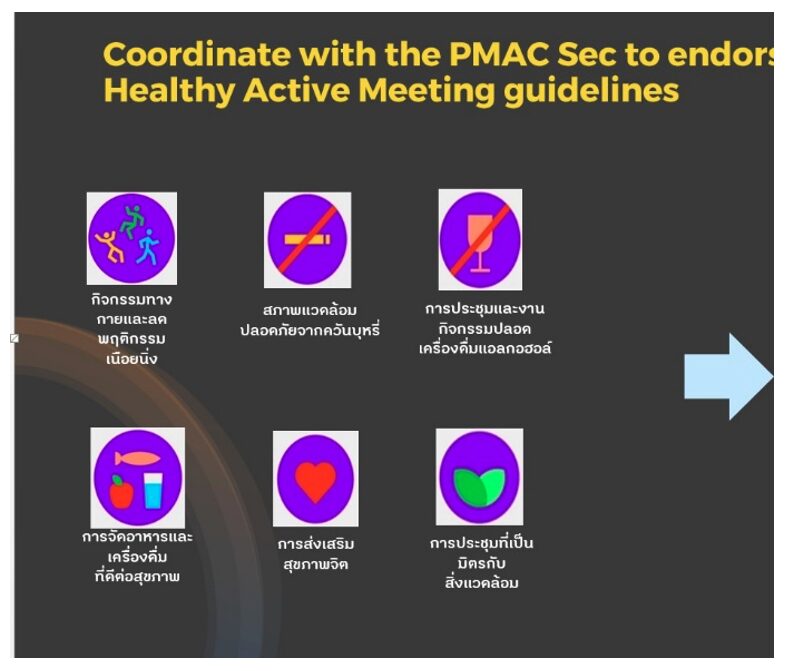
Six Recommendations for Healthy Active Meetings
1. Providing healthy food: At this meeting, nutrient-rich food and beverages were curated for the conference participants, featuring fresh fruits and vegetables, as well as minimally seasoned dishes to ensure low salt, sugar, and fat intake. Additionally, this initiative was intended to raise their awareness about balanced and mindful dietary choices in terms of quality and quantity.
2. Promoting physical activity: The participants were encouraged to engage in physical activity between sessions. The venue included standing areas and stretching zones, and short breaks were scheduled to allow them to stretch or move. Moreover, the venue was designed to be spacious, contributing to ease of movement while minimizing prolonged sitting.
3. Promoting mental relaxation: During the event, soft background music was played to foster a relaxing atmosphere, and a quite area was provided for the participants to relax. In addition, short activities, such as massage therapy and brief meditation sessions, were available to help relieve stress from discussions.
4. Ensuring eco-friendliness: To minimize plastic and paper waste, the event promoted the use of digital tools, such as mobile applications or QR codes. Additionally, the participants were urged to bring reusable bottles and opt for public transportation to reduce traffic congestion and carbon emissions.
5. Maintaining alcohol-free meetings: Only herbal drinks, low-sugar fresh juice, and clean water were provided to promote well-being.
6. Establishing a tobacco-free environment: The venue and its surrounding areas were designated as tobacco-free zones, with clear signage informing the participants and encouraging them to contribute to a healthier environment.
PMAC 2025 served as not only an international platform for exchange of public health knowledge but also a model for high-quality and safe conferences. This sought to underscore the importance of holistic well-being, including nutrition, exercise, mental health, environmental sustainability, and the prevention of risk behaviors. This healthy active meeting can help enhance meeting productivity and promote healthy meetings, thereby contributing to sustainable well-being among participants.
A guide to healthy meetings of WHO click
https://www.who.int/publications/i/item/9789290229346


